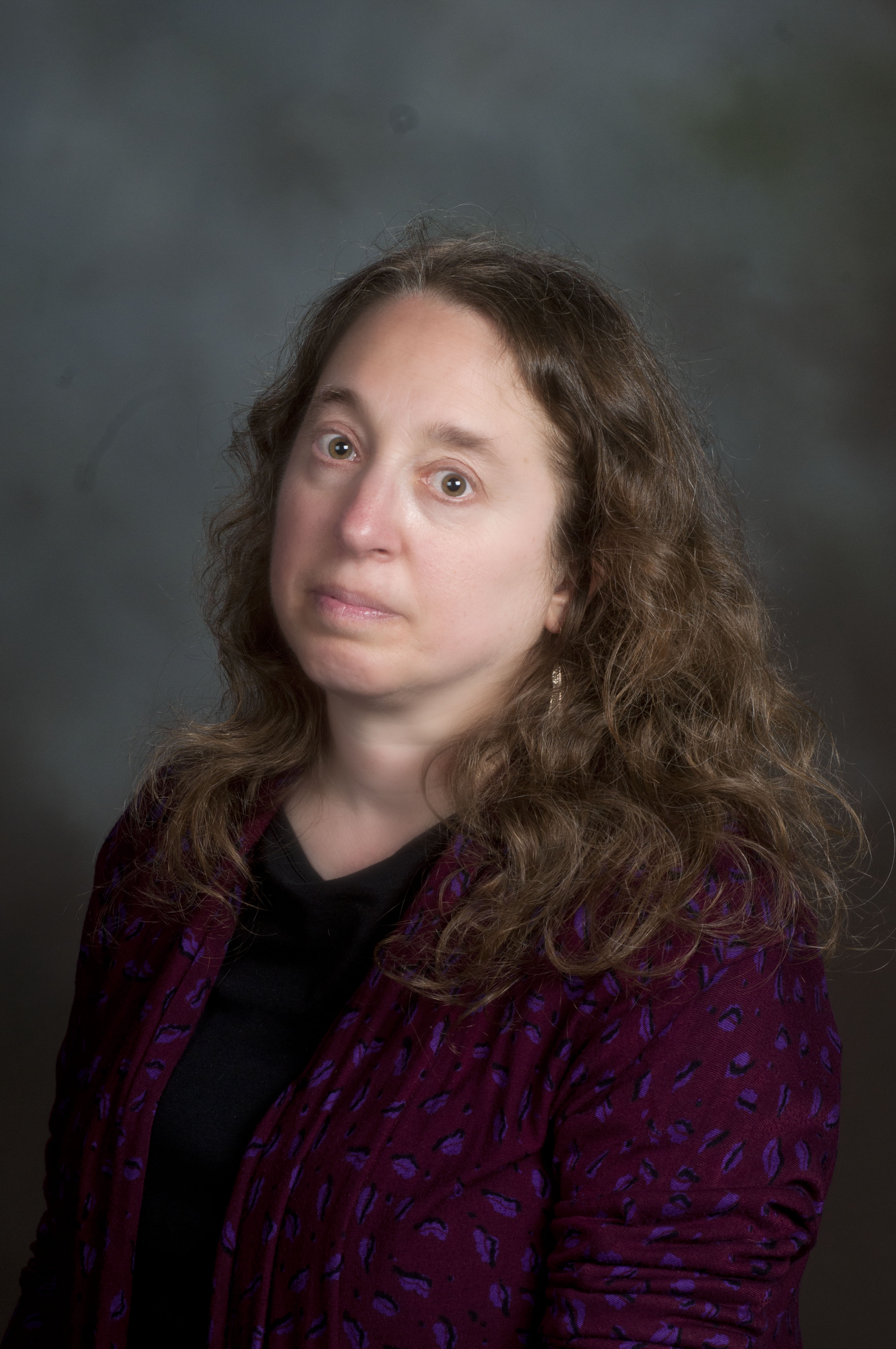Marian Mollin receives 2012 Diggs Teaching Scholars Award

Marian Mollin, associate professor of history in the College of Liberal Arts and Human Sciences at Virginia Tech, has received the university's 2012 Edward S. Diggs Teaching Scholars Award.
Sponsored by the Diggs Endowed Professorship Fund and the Center for Instructional Development and Educational Research, the Diggs Teaching Scholars Award was established in 1992 and is presented annually to three Virginia Tech faculty members to recognize exceptional contributions to the teaching program and learning environment. A cash award is given to each recipient and their academic department. Diggs Teaching Scholars are invited to lead the Diggs Roundtable -- a series of presentations and a discussion of their innovative teaching -- a year after receiving the award.
The award is supported by an endowed fund from an estate gift by the late Edward S. and Hattie Wilson Diggs. Edward Diggs was a 1914 graduate of Virginia Tech.
Mollin has been a member of the faculty in the Department of History since 2000. Her teaching awards and honors range from successful curriculum and program development to effective mentoring and advising. She is dedicated to fostering a strong sense of community and belonging in both students and colleagues.
She is also instrumental in fostering the introduction of effective technology into the history classroom and has received two XCaliber team awards for her efforts.
“Students laud Marian’s teaching for the ways in which she pushes them to think outside the box and to learn from each other through in-class discussions and online interaction,” said Mark Barrow, professor and department chair.
Mollin has proposed a teaching enhancement project that would develop a peer-mentoring program for undergraduate history majors engaged in independent research projects and senior theses.
“Undergraduate student scholars usually pursue their projects in isolation from each other,” Mollin said. “They have little sense of belonging to a larger community of student scholars. Most do not even know who else among them is engaged in research.”
Mollin’s peer mentoring program involves creating small groups of student researchers who meet weekly to set research and writing goals, share ideas and insights about sources, provide constructive feedback on each other’s work, and encourage group members to reach their research goals. Mollin said this mentoring process would provide a sense of community and create peer accountability.
“A peer mentoring program thus has the potential to empower and connect student researchers and to successfully augment the formal guidance they receive from their faculty mentors,” she said.
Mollin received her bachelor's degree from Cornell University and a master’s degree and Ph.D. from the University of Massachusetts.




